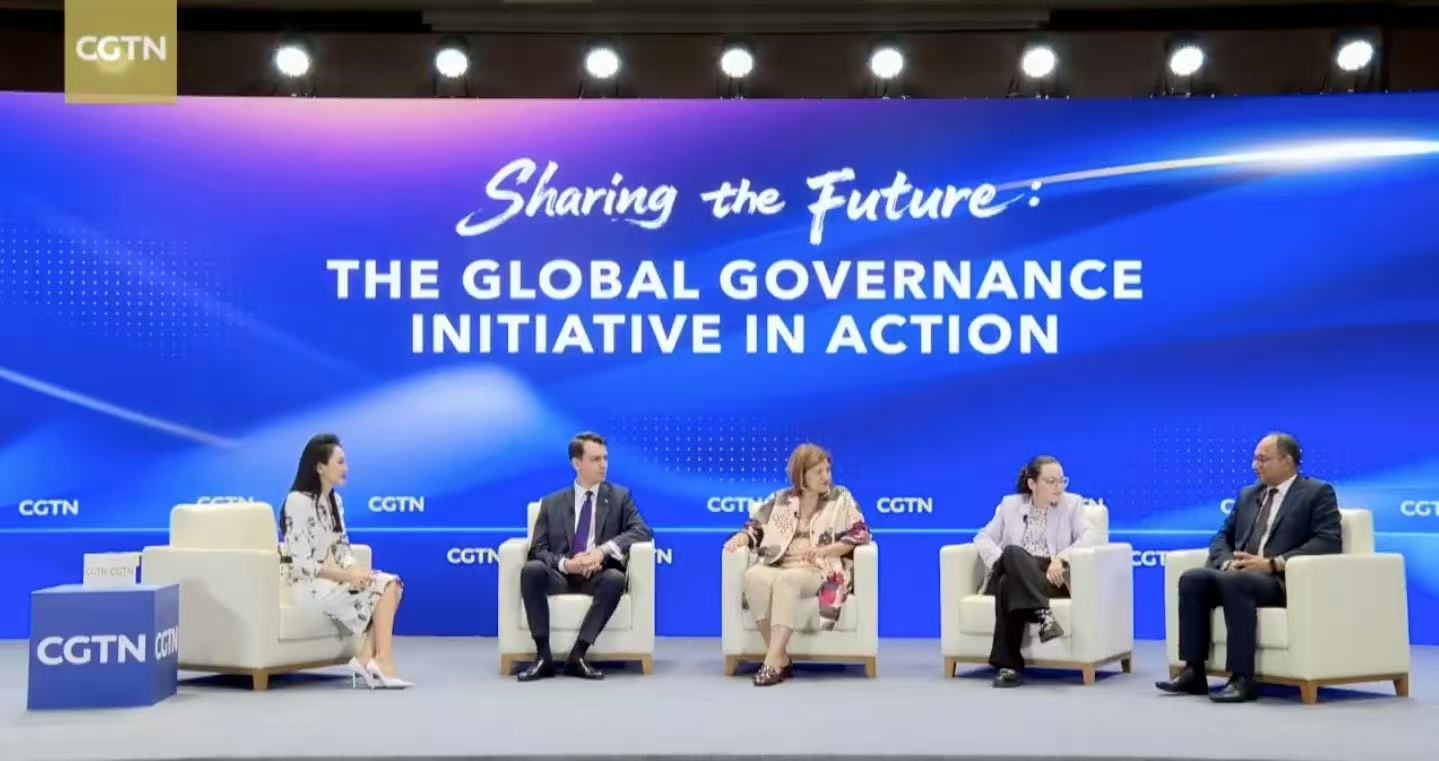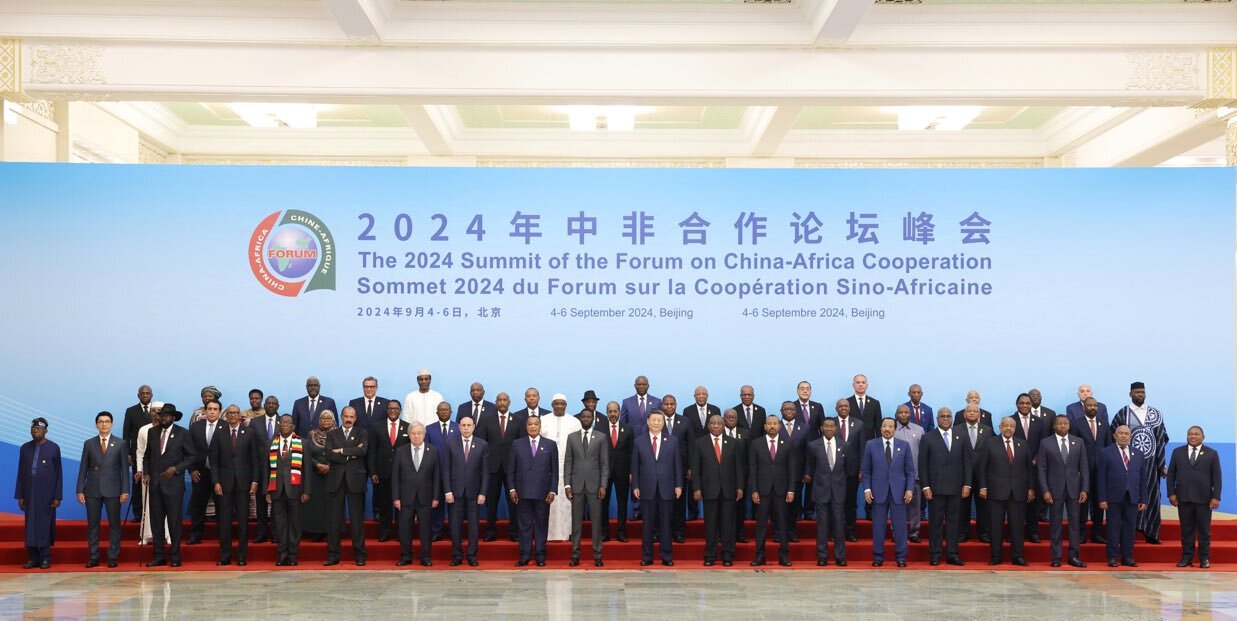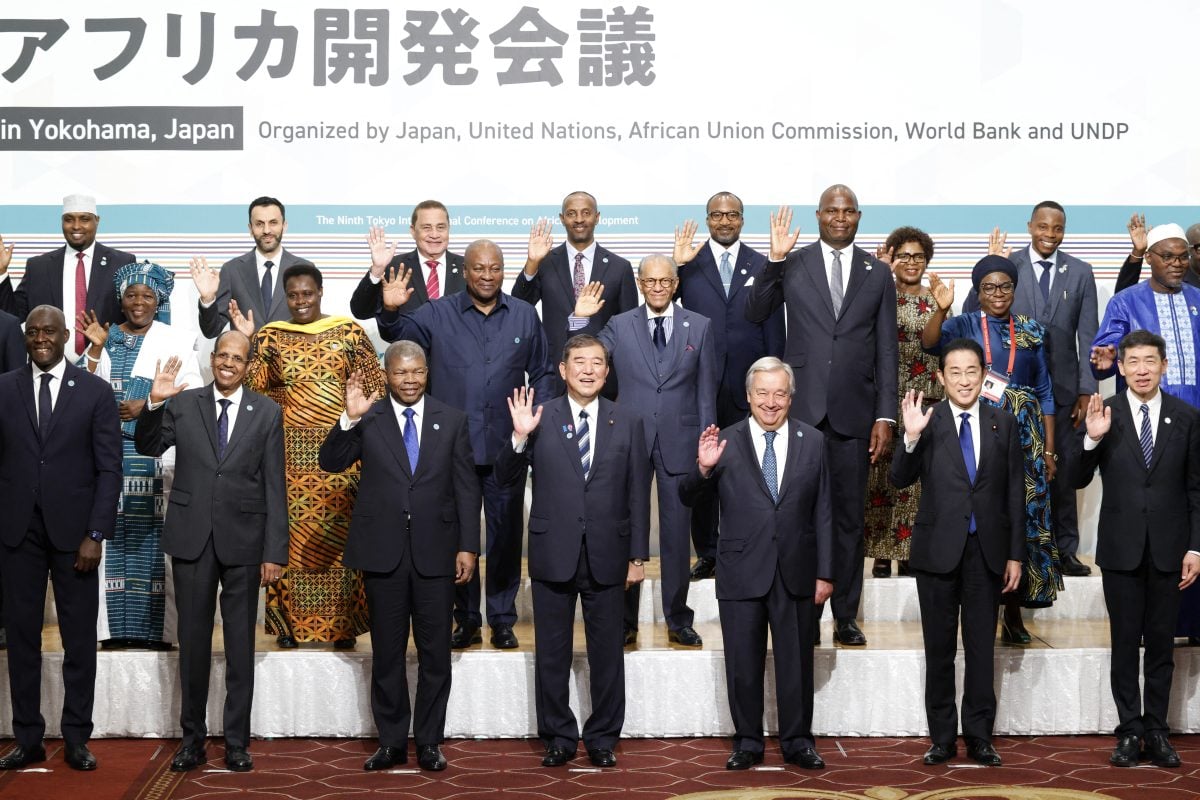As wars rage in Europe and the Middle East, and as global institutions crack under increased pressure and scrutiny, the global political order is withering into a desert, barren of trust, fairness and new ideas. In this dry landscape, China’s GGI has emerged, an oasis of reform and rejuvenation that may yet save the global order.
Announced by President Xi Jinping last month, during the Shanghai Cooperation Organization Summit (SCO) in Tianjin, the GGI stands as the fourth pillar in China’s reconstruction of an international system in disarray following the Development, Security and Civilization initiatives. The timing is very symbolic; GGI debuted alongside the 80th UN anniversary, when concerns about fairness, reform and global governance are at the forefront of global discourse.
At its core, GGI advocates for a world that is just, fair, inclusive and serious about delivering results. For decades, the Global South has begged for inclusion at the so called ‘big boys table’ that is largely dominated by Western countries. Reforming the Bretton Woods institutions, the United Nations and its Security Council is a key goal for the Global South. This push for reform is a valid and logical initiative especially when it comes to institutions and systems that preach democracy whilst being undemocratic themselves. Strong countries with veto power heavily influence the UN’s decision-making. China’s proposals suggest a paradigm shift and are not radical reforms such as those the IMF imposes on developing countries. It is only fair that the majority are key stakeholders in the decisions of the largest multilateral body. The GGI says no to the tyranny of the minority and powerful.
The GGI stands firmly on the principles of rule of law and a people-centered approach to global governance. An increasing number of experts criticise the hypocrisy that has eaten at the heart of the so-called ‘international rules based order.’ The Global South has rejected the ‘rules for thee and not for me’ approach to international relations. GGI calls for the equal and uniform application of these rules, no country is above the law. As long as favoritism and gangsterism remain features of the rules based order, the rest of the world will inevitably lose faith in the system and seek alternatives. Furthermore, through GGI, China emphasises the importance of addressing people’s needs and solving their challenges as a cornerstone of a reformed system. The people are the foundation of all institutions and making their lives more prosperous, simpler should be a key focus. Human rights, justice, poverty alleviation and climate relief are key components of a happy global citizenry.
GGI proposes a system committed to real results and rejects unilateralism. In the spirit of mutual benefit and a shared future for all, China envisions a world that collectively addresses global challenges such as climate change, war, famine and pandemics. Isolationism encourages unilateralism and is largely pushed by those seeking to build walls instead of bridges. It becomes detrimental when countries treat the world’s problems as if they were not their own, often pushed by the false belief that the world cannot be saved. While it is important, and even admirable for countries to put the needs of their domestic populations first, this should not in anyway mean that global challenges take the backseat. The Covid-19 pandemic demonstrated that some disasters recognise neither borders nor races.
Critics argue that GGI just like GSI, GDI and GCI is a mere tool for China to expand its influence over the Global South and challenge the West, that its largely aspirational with no concrete implementation plan, or that it seeks to fragment global systems. However, the facts tell a different story; China is already influential, the largest economy by purchasing power parity (PPP), second largest by GDP with a huge population and a modern military. It maintains consistent and predictable diplomatic and trade relations with most of the world.
Additionally, China’s initiatives are founded on the principle of reaching across the aisle. They seek to involve the West in the reform process and recognise the importance of collective efforts. It is intellectual dishonesty to argue that competition implies adversary. China competes with the West; it does not challenge the West. Those that feel challenged simply refuse to compete and demand subservience.
Moreover, the Global South has materially benefited from initiatives pushed by China such as BRI, and FOCAC. China seeks a fairer system that listens to the voices of the developing world, something long overdue. Even though the GGI may be largely aspirational, it will evolve. These initiatives often seek consultation over prescription.
China does not claim to have all the answers but has put forward a conceptual framework where the rest of the world can debate and forge a way forward. Above all, China is not seeking to fragment the global system; instead, it calls for reform within the system, not outside of it. If an alternative system ever emerges, it will stem from a firmly rooted, collective recognition that the current global governance system is incorrigible.
The Writer is a Senior Research Fellow at the DWC.










